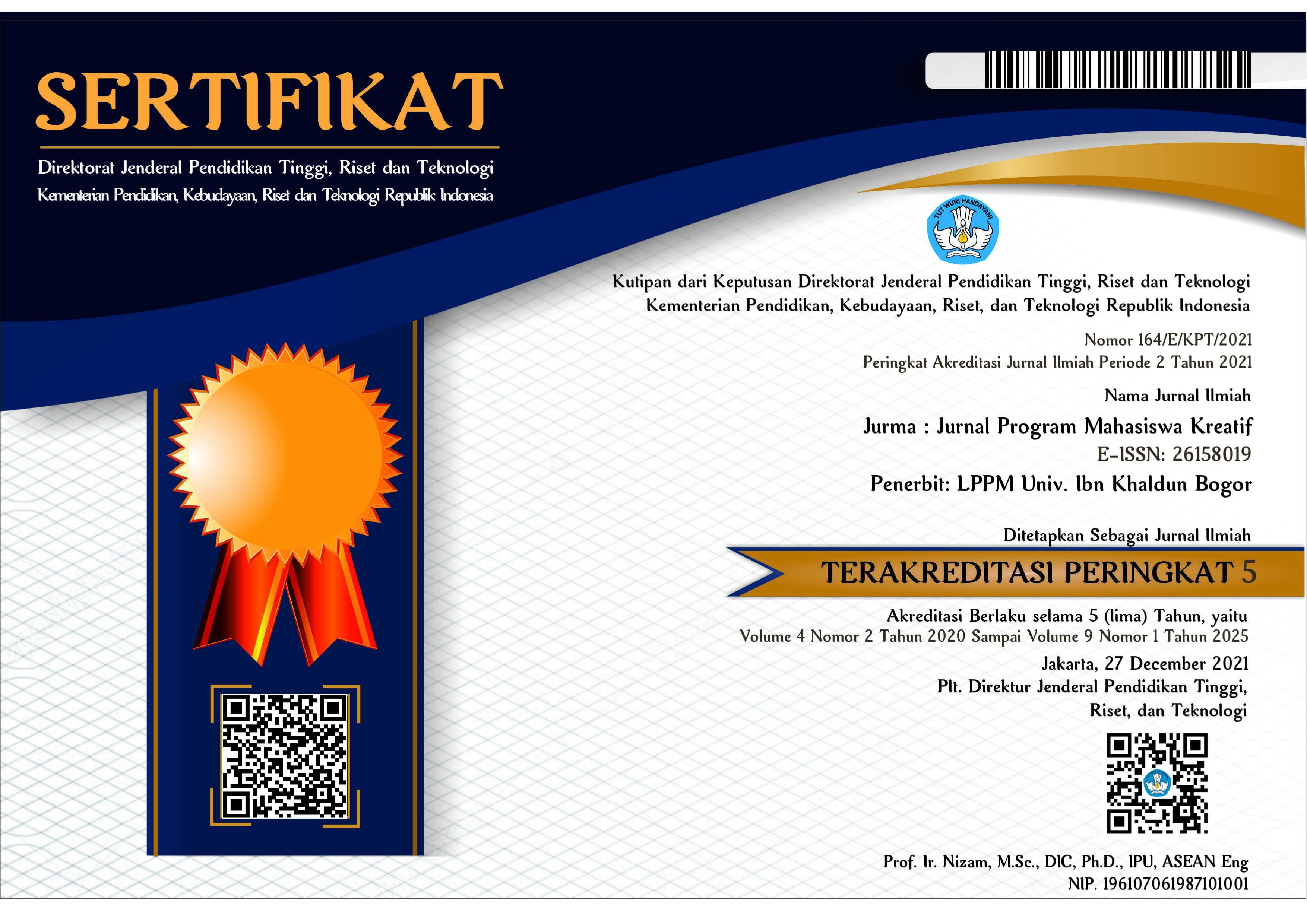Forensic Audit as a Solution to Prevent Corruption: Evaluation of Bos Fund Misrepresentation Cases in the Department of Education and Culture of Tebing Tinggi City, North Sumatera
Abstract
One systemic issue that jeopardizes the accountability of education budget management in Indonesia is the corruption of School Operational Assistance (BOS) monies. The purpose of this study is to examine how forensic audits can be used to identify and stop BOS fund embezzlement in Tebing Tinggi City, North Sumatra's Education and Culture Office. Through observation, document analysis, and in-depth interviews, the study methodology employs a qualitative approach with case studies. Three primary forms of corruption were found in the study's findings: (1) price markups (80% of cases), (2) forged documents (70%), and (3) bogus beneficiaries (60%). With an effectiveness rating of 4.7/5, the results demonstrate that forensic audits are successful in identifying financial irregularities, particularly when conducted using digital forensics and transaction analysis. Inter-agency coordination and restricted access to banking data, however, impede its execution. With the following policy recommendations, this study aids in the creation of a proactive audit-based corruption prevention model: (1) enhancing the e-monitoring system, (2) educating school treasurers, and (3) working with law enforcement. While practical consequences stress technology integration for budget transparency, theoretical implications reinforce the applicability of the Fraud Triangle in the context of public sector corruption.
Copyright (c) 2025 Dedi Agus Pratikno, Rina Ananda, Adilla Fiqria, Yola Dwi Afila, Abdul Habib Sitompul, Rahima Br. Purba

This work is licensed under a Creative Commons Attribution-ShareAlike 4.0 International License.






















